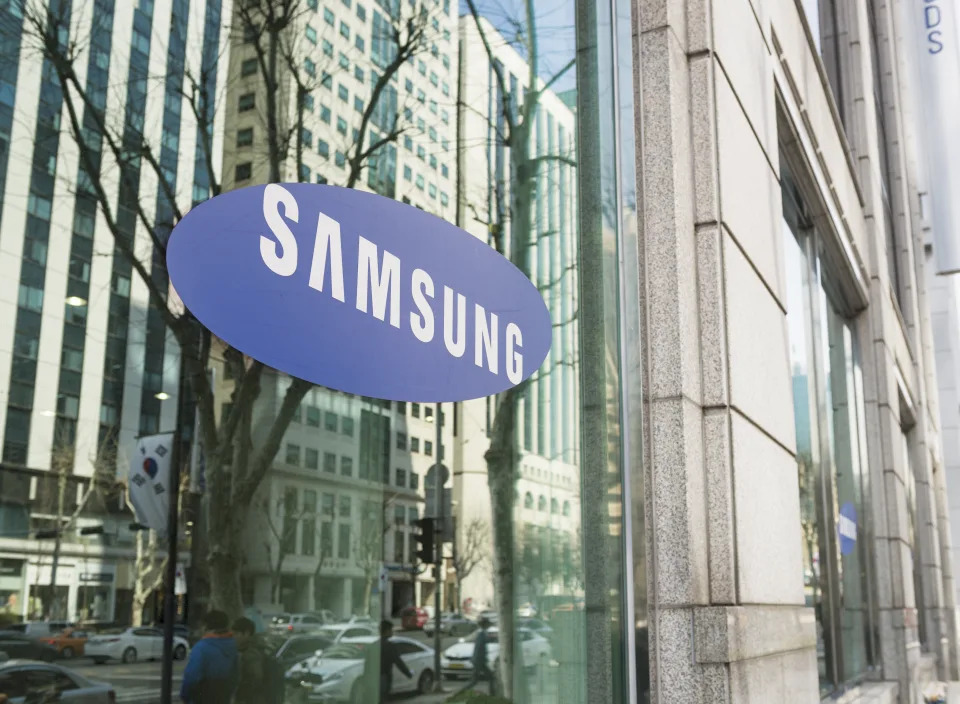Samsung has made a commitment to achieve net zero carbon emissions for the whole company by 2050 and will spend KRW 7 trillion (US$5 billion) over the next seven-and-a-half years to make that happen. While its plans are likely not as aggressive as Microsoft’s, which previously promised to be carbon negative by the end of the decade, it intends to implement changes soon so that its Device eXperience (DX) Division is producing net zero carbon by 2030.
Samsung’s DX division encompasses its consumer electronics businesses, including its mobile and display manufacturing operations, and was only responsible for 10 percent of its greenhouse gas emissions in 2021. Meanwhile, the company’s chip and components business, which is often is biggest moneymaker, was responsible for 90 percent of the 17.4 million tons of greenhouses gases it emitted last year.
Samsung’s Committment
Clearly, there’s a lot of work to be done for its chipmaking business to be net zero. One of the things the company plans to do is develop technologies that can significantly reduce the gas byproducts of semiconductor manufacturing. Samsung also plans to install treatment facilities at its chip-making plants. In addition, the company will develop carbon capture and utilization technologies that can harness carbon emissions from its semiconductor facilities, store them and then turn them into a usable source.
The tech giant has joined RE100, the global initiative for businesses that want to use renewable energy to power their operation, as well. It will start by running the DX division and all operations outside its home country on renewable energy within the next five years before matching 100 percent of all its power needs around the world with renewable energy by 2050. Samsung has also detailed other environmental plans in its announcement, including its commitment to promote water reuse and to expand its electronic waste collection initiative to 180 countries from 50.
A spokesperson for one of its shareholders told Reuters that Samsung had delayed making a clear commitment towards reducing carbon emissions so much, it became a growing concern among long-term investors. Kim Soo-jin, Samsung’s head of ESG strategy group, explained: “We are a company that manufactures directly… so there are various, layered challenges. In the end, we are a technology company… So we will contribute positively to climate change through technology development. Since we are a large company and our products are widely used, we will make an impact through scale.”
For more updates on pharma and life science industry, Click here.














